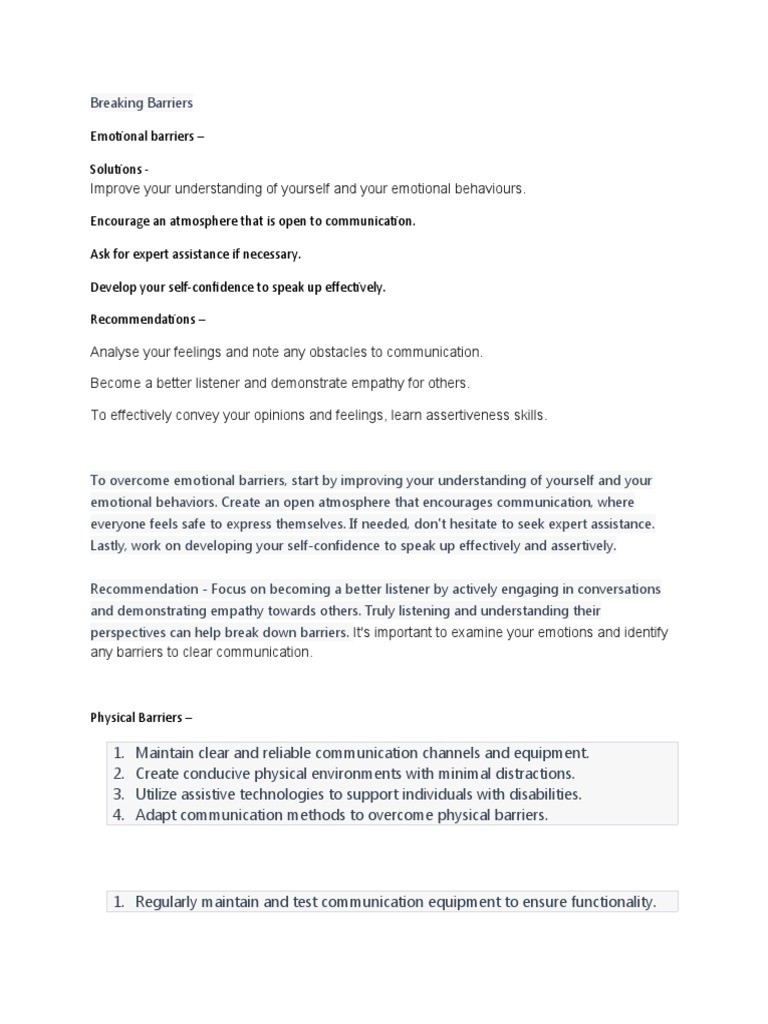The aspiration for genuine consultation is an intrinsic component of Bahá’í teachings, encapsulating the ethos of unity, collective decision-making, and the elevation of human discourse. As society grapples with polarization and discord, Bahá’í principles cast light on pathways for transcending barriers that hinder effective communication and collaboration. This document seeks to elucidate the profound dimensions of Bahá’í consultation, addressing recurring challenges while unveiling deeper motivations that underpin the quest for harmonious interactions.
Understanding the Essence of Consultation
At its core, consultation within the Bahá’í framework is not merely a procedural engagement but a sacred practice imbued with spiritual significance. It promotes an atmosphere of trust and respect, where participants feel empowered to express their thoughts freely. This environment, rooted in unity, is essential for fostering genuine dialogue, wherein individual perspectives coalesce into a more profound understanding of issues at hand.
Bahá’í teachings advocate for the removal of prejudices and distinctions, urging individuals to approach consultation with a spirit of goodwill and open-mindedness. These teachings also insist on the necessity of refraining from personal attacks or resorting to a confrontational tone. Such principles serve as bedrocks upon which fruitful discussions can thrive and ultimately lead to the pursuit of truth.
Breaking Down Barriers to Effective Consultation
Despite the noble intentions that accompany the practice of consultation, numerous barriers can undermine its efficacy. These encompass not only interpersonal dynamics but also systemic challenges prevalent in contemporary discourse. Understanding these barriers facilitates the identification of remedial strategies that align with Bahá’í principles.
One of the most salient barriers to productive consultation is the presence of preconceived notions or biases. When participants arrive at the table with rigid ideologies, the possibility for understanding diminishes. The Bahá’í teachings implore individuals to remain vigilant against the insidious nature of prejudice, which can manifest as assumptions about others’ motives, abilities, or values. This necessitates a commitment to self-examination and the cultivation of humility.
Additionally, the propensity for adversarial stances during deliberative processes frequently disrupts harmony. The Bahá’í perspective regards such confrontations as symptomatic of a deeper malaise—an underlying fear of vulnerability. Recognizing one’s humanity, including the acceptance of fallibility, is crucial for breaking through defensive postures that stifle authentic consultation.
Fostering a Spirit of Collaboration
The Bahá’í approach emphasizes that genuine consultation must be imbued with a spirit of collaboration. This necessitates a shift from individualism to collectivism, wherein the pursuit of common goals eclipses personal agendas. Bahá’í writings illuminate the significance of collective wisdom as a guiding light in decision-making processes.
Moreover, a collaborative mindset encourages a rooting out of competition in favor of synergy and shared understanding. Participants must endeavor to cultivate an attitude that cherishes diversity of thought, recognizing that differing viewpoints are not threats but rather invaluable contributions to a richer tapestry of insights. In this way, consultation becomes an iterative process that deepens relationships and enhances collective intelligence.
Practical Steps for Enhancing Consultation
To translate the theoretical underpinnings of Bahá’í consultation into actionable practices, one may consider several strategic steps aimed at enhancing communications within groups or communities.
- Active Listening: Prioritize genuine listening over mere waiting to respond. Embrace silence to process thoughts before offering contributions, fostering a culture that values each voice.
- Intentional Inclusivity: Make a concerted effort to include diverse perspectives, recognizing that inclusivity enriches discussions and leads to comprehensive solutions.
- Regular Reflection: Facilitate moments of reflection after consultations to ascertain the group’s emotional and intellectual landscape, allowing for adjustments to the process as necessary.
- Establish Norms: Create clear guidelines that delineate respectful interaction protocols and expectations during consultations, fostering an environment where all participants feel safe to share.
- Focus on Solutions: Direct attention toward problem-solving rather than dwelling on individual grievances. This redirection helps in channeling energies toward constructive outcomes.
The Transformative Potential of Bahá’í Consultation
Consultation based on Bahá’í principles transcends mere decision-making. It is a transformative process capable of reshaping individuals and communities. By engaging in sincere dialogue, participants cultivate a heightened awareness of collective responsibilities and the interconnectedness of humanity. This realization nurtures compassion, empathy, and a willingness to embrace innovative solutions to shared challenges.
In conclusion, the teachings of the Bahá’í Faith provide a profound lens through which to view consultation as a vital mechanism for fostering understanding and unity. By addressing barriers that inhibit effective communication and striving towards collaborative pathways, individuals can embark on a journey of true consultation. This journey, reflective of the deepest values underlying the Bahá’í teachings, contributes to the creation of a world where barriers dissolve, and genuine collaboration reigns supreme. Thus, the practice of consultation evolves into a cornerstone for building not only productive relationships but also a more peaceful and progressive society.
